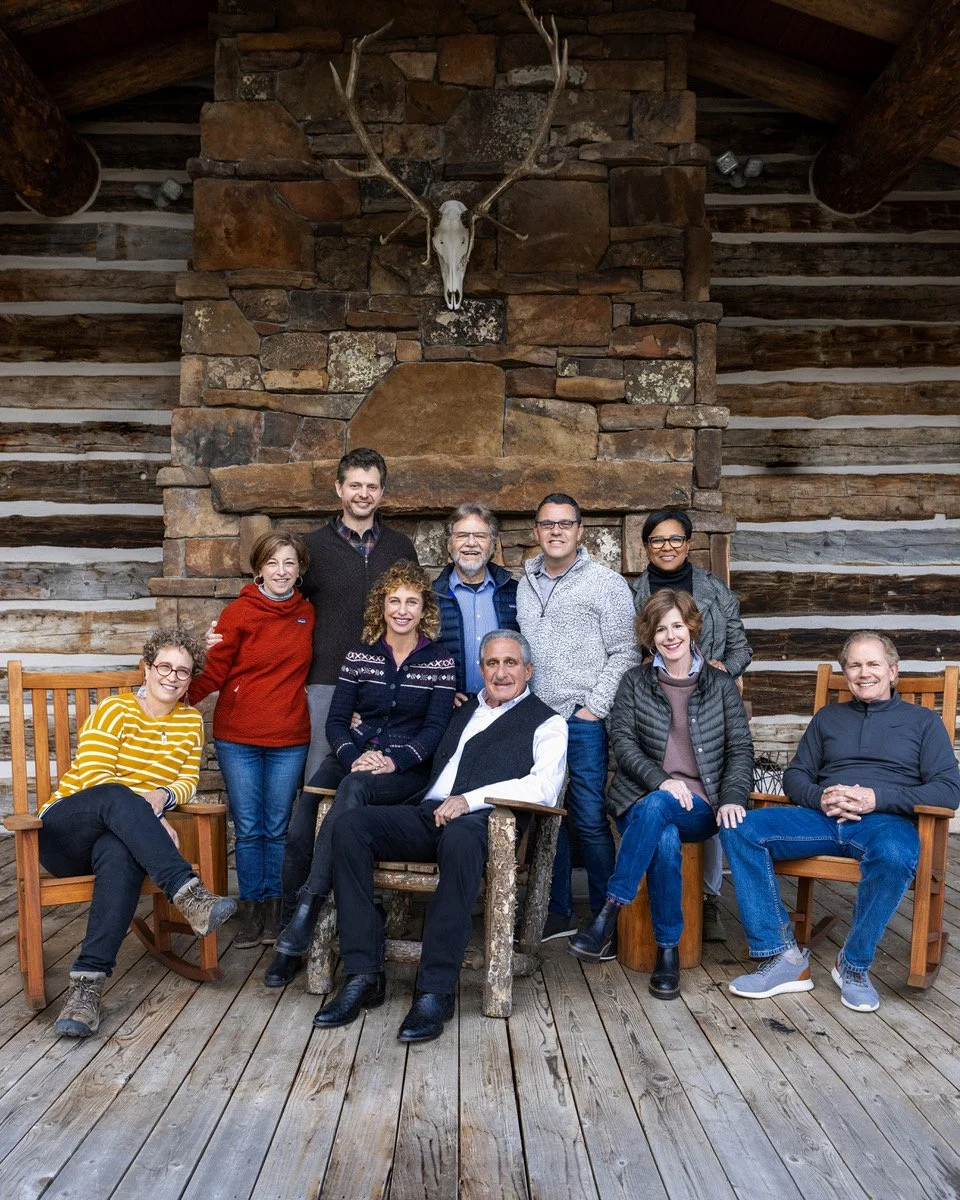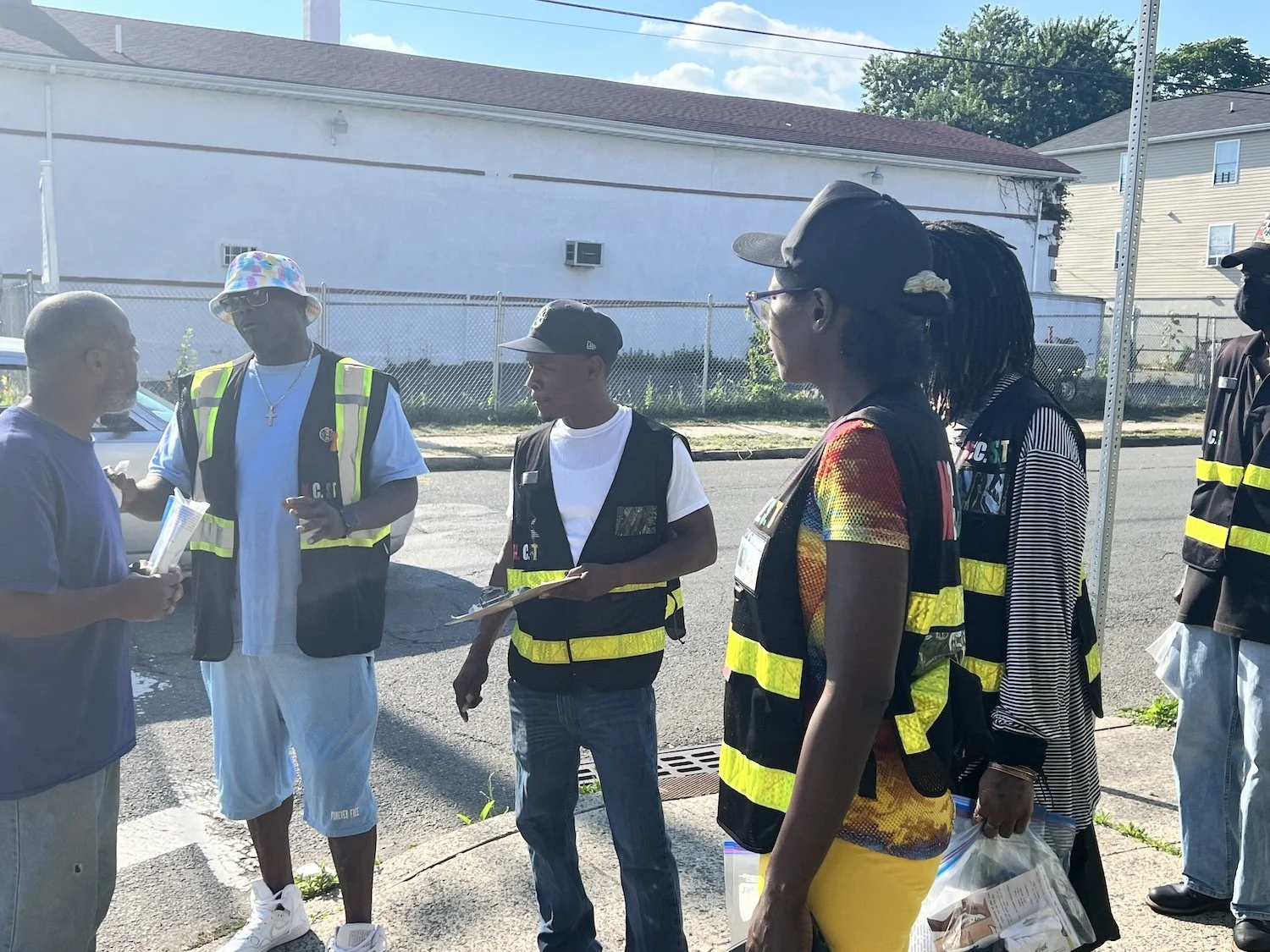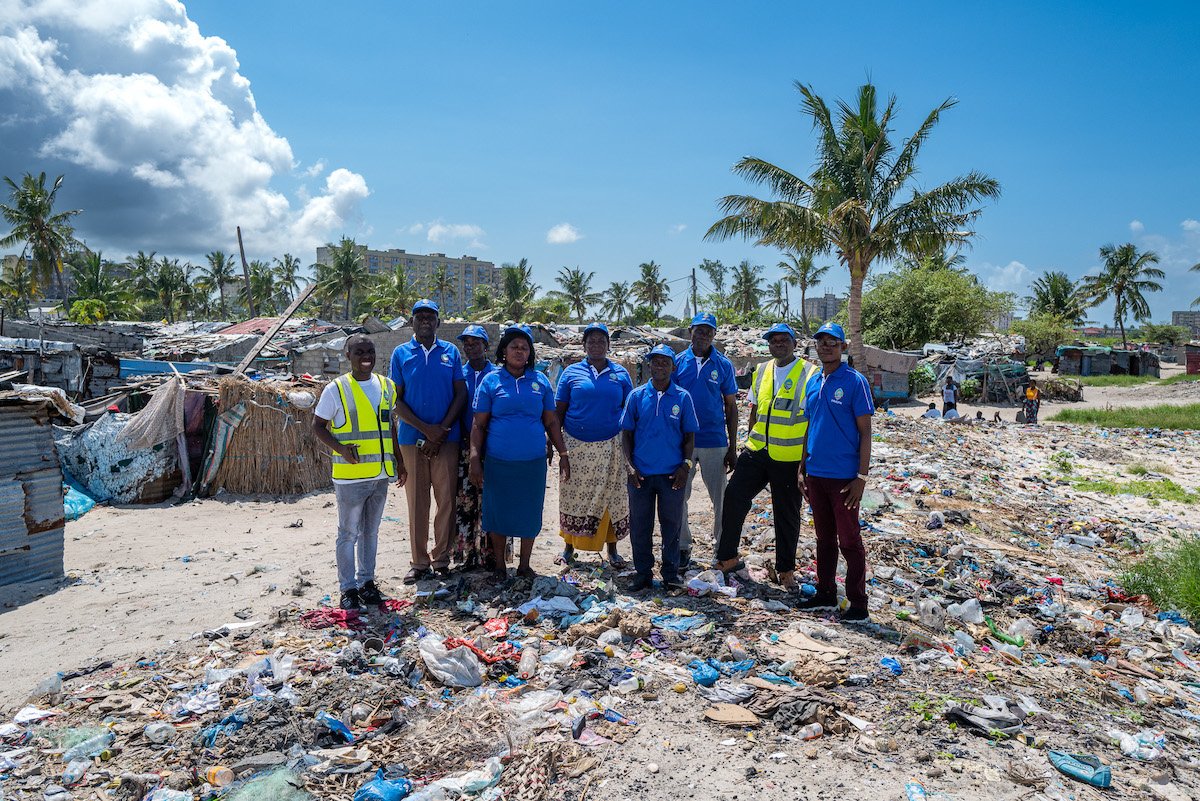Uncharted Waters: Millions to Find Answers About Democracy, Media, and Technology
/Rawpixel/shutterstock
When the Knight Foundation committed an “unprecedented” $300 million early this year to bolster the flagging fortunes of local journalism, it was one of philanthropy’s biggest bets yet on the power of local news to rebuild trust in the press. In recent years, Knight has emerged as a leader among a growing group of journalism funders determined to support good local journalism, looking to strengthen a part of traditional media that Americans still actually trust and rebuild the institution from there.
But true to its record under Knight president Alberto Ibargüen, who has long maintained a millennial-esque enthusiasm for innovation and disruption, the foundation is also stepping up its engagement with the larger questions that surround media, digital technology and democracy in an era of rapid change.
As Sam Gill, the foundation’s vice president of communities and impact, wrote last year, “We believe it’s critical to understand how the information landscape is shifting, and how that evolution affects our society and democracy. That’s why we are investing in what we hope will become a new, multidisciplinary field of research.”
These ambitions are now taking more concrete form with the recent announcement of $50 million in funding commitments, including a set of big grants to university researchers.
The most profound shift “since Gutenberg”
Dubbing the rise of digital communications and social media “the most profound shift in how we communicate with each other since Gutenberg,” Ibargüen said in a press release that to “understand what is actually happening, we need independent research and insights based on data, not emotion and invective. To go forward, citizens must be engaged, and including university communities in the debate is a step in that direction.”
Knight’s effort here is well-timed. The media technologies that now seem to occupy all of our waking hours are still startlingly new. And after a period in which we rapidly integrated them into how we absorb information and interact with each other, there are fast-growing fears about the negative effects of this revolution, fanned by a drumbeat of reports about disinformation campaigns, corporate privacy scandals, and the mental health harms inflicted by social media. So far, though, this surge in second thoughts has generated more “emotion and invective” than clear-eyed analysis. How much do we really understand about the new digital media world in which we live? And what can realistically be done to rein in the unintended consequences for our democracy and social fabric of recent advances?
Knight is granting $5 million apiece to fund new research centers at five universities: Carnegie Mellon, George Washington University, New York University, the University of North Carolina and the University of Washington. They’ll pursue many lines of inquiry, dealing with issues like online disinformation, the impact of social media, how digital information informs values and actions, and how policymakers and other stakeholders can counter anti-democratic trends.
The remainder of Knight’s commitment will do two things: (1) back another group of existing research initiatives already examining related problems, and (2) support future investments in policy and legal research “to be announced later this year.” As part of that final $11 million, Knight has opened up a funding opportunity for scholarly research into the norms, rights, rules and responsibilities that should govern digital platforms—a set of rules that is largely absent right now, the foundation notes.
Joining Knight in this work are some frequent funders of journalism and digital media issues. The Hewlett Foundation is supporting several of the university initiatives, including NYU’s Center for Social Media and Politics, which is also receiving money from Craig Newmark, the Siegel Family Endowment and the Charles Koch Foundation. The Omidyar Network and Luminate have also signed on to back Yale’s Thurman Arnold Project and the University of North Carolina’s Center for Information, Technology, and Public Life, respectively.
At this point, the prospective work of all these research centers is wide-ranging and ill-defined, which is fine with Knight. “We aim to be intentionally broad,” Gill wrote last year, when the foundation unveiled its request for research proposals, adding: “We’re not setting limits.” Because the foundation doesn’t know what this new field of inquiry could or should look like, Gill said its priority was to find people and institutions capable of grappling with these issues and to furnish them with “substantial, multiyear support.”
Will knowledge lead to action?
Knight’s open-ended approach is refreshing, given how tightly choreographed foundation initiatives tend to be. And it’s consistent with Knight’s willingness to throw spaghetti on the wall to see what sticks—showing a capacity for real philanthropic risk-taking that’s far less common across the sector than one might hope.
Still, it’s worth wondering what the eventual impact of this deep academic research dive might be. As scholars and policy wonks are painfully aware, the mere fact of knowing something means little if those in power can’t—or won’t—act on that knowledge. And quite apart from big tech’s capacity to fight regulation with armies of lobbyists, or the ability of foreign bots to get around efforts to stem disinformation, there’s the challenge of changing how ordinary people use digital technology. This may be another case where it’s impossible to put a troublemaking genie back in the bottle, much as U.S. society has yet to find ways to combat the negative effects of television and cars—two past advances fingered for the decline of social capital.
What’s striking, though, is how many funders and other actors have lately swung behind new efforts to engage the downsides of digital technology critically. Alarm bells have been ringing across the philanthrosphere, especially since the 2016 election. But where all this emerging work ends up, and what it yields, is really anyone’s guess.
Related:
"The Crisis Has Become More Acute." What Two Major Funders Are Doing to Strengthen Journalism
Amid Rising Alarms About Big Tech, What Is Philanthropy's Role?
Why Funders See Bolstering Local News as a Key to Rebuilding Public Trust in the Media
What Does Facebook's Big Journalism Investment Mean for Local News?







































